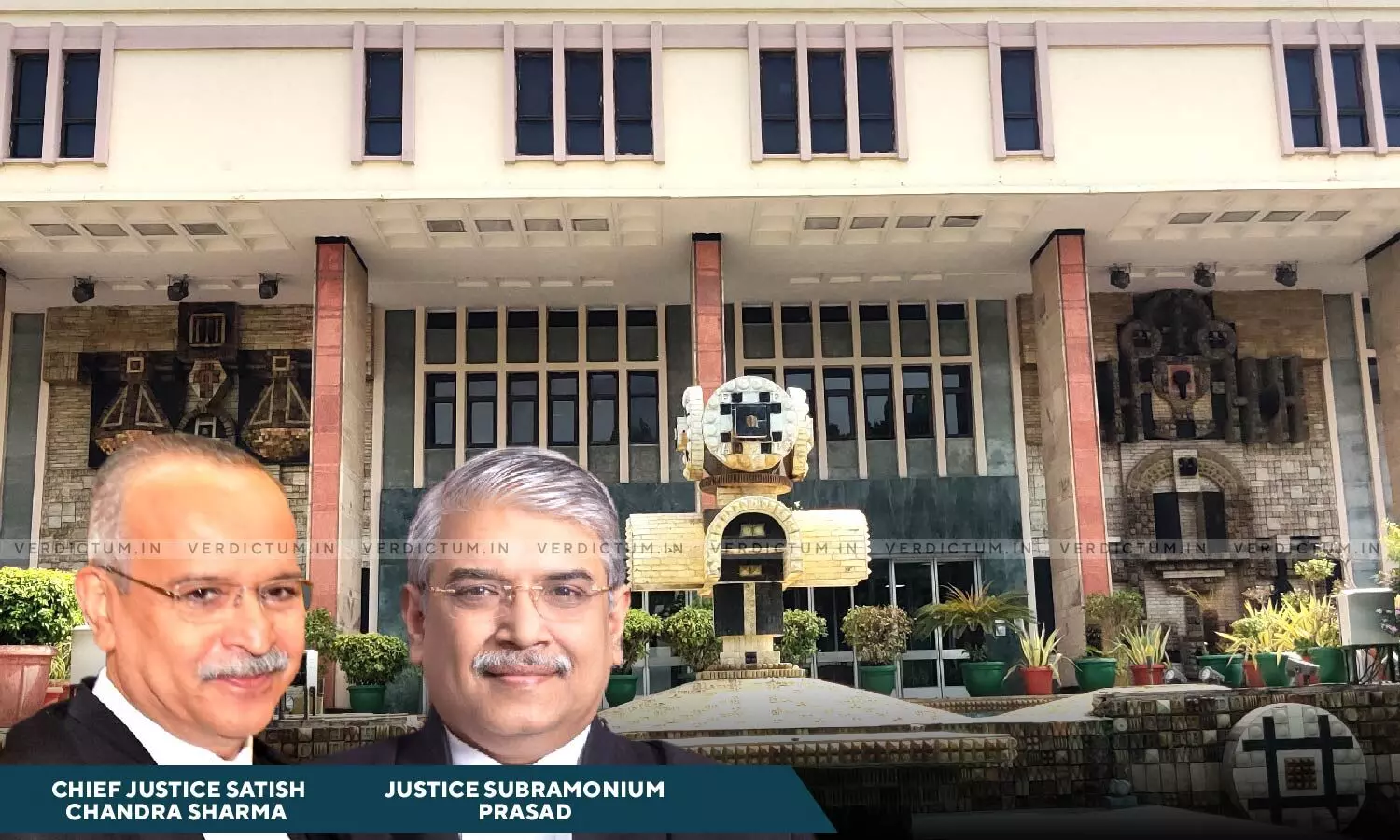
Delhi Govt’s Decision To Cap Number Of Prison Visits By Family Members & Legal Advisers Is Not Completely Arbitrary: HC
 |
|The Delhi High Court has held that the decision of the Delhi Government to cap total number of visits of prison by family members, relatives, friends and legal advisers to two times a week cannot be said to be completely arbitrary.
The Court noted that the said decision has been taken after careful consideration of the facilities available in the prisons, availability of the staff and the number of undertrials.
“Depending upon the number of undertrials and prisoners, the State has taken a decision of capping total number of visits by family members, relatives, friends and legal advisers to two times a week and it cannot be said that the said decision is completely arbitrary. The said decision has been taken after careful consideration of the facilities available in the prisons, availability of the staff and the number of undertrials.”, the bench of Chief Justice Satish Chandra Sharma and Justice Subramonium Prasad observed.
In this case, the petitioners had contended that limiting the number of visits by family members, relatives, friends and legal advisers to twice a week is violative of Article 21 of the Constitution.
The petitioners had stated that fixing a cap on the number of visits to an undertrial is arbitrary as it imposes an unreasonable restriction on the right to legal representation and is violative of the right to access justice guaranteed under Article 14 of the Constitution.
Satyakam, ASC appeared for Delhi Government.
As per the counter affidavit filed by the state it was stated that looking at the number of inmates in the Delhi Prisons, it was decided to put a cap on the number of visits permitted by the family members, relatives, friends and legal counsel.
It was further added that in no other State, prisoners are permitted visitation more than twice a week. It was stated that these are matters of policy and this decision has been taken by the State in the best interests of the prisoners and to provide a congenial atmosphere not only to the prisoner but also to the visiting counsel.
The Court observed that “In matters of policy, the Courts do not substitute its own conclusion with the one arrived at by the Government merely because another view is possible. Therefore, this Court is not inclined to pass any order issuing writ of mandamus.”
The Court considering that the petition was filed in the interest of prisoners, allowed the Petitioner to give a representation to the State by providing suggestions.
Cause Title- Jai A. Dehadrai & Anr v. Govt. of NCT of Delhi (Neutral Citation Number : 2023/DHC/001170)
Click here to read/download Judgment